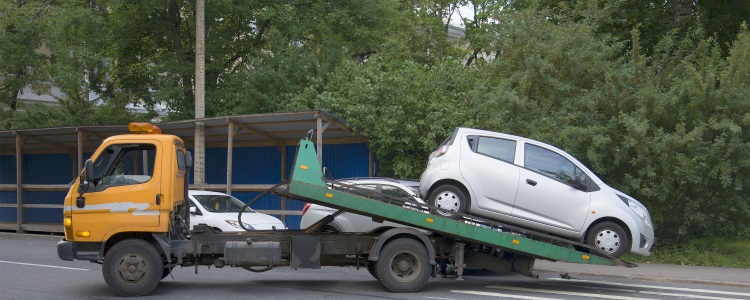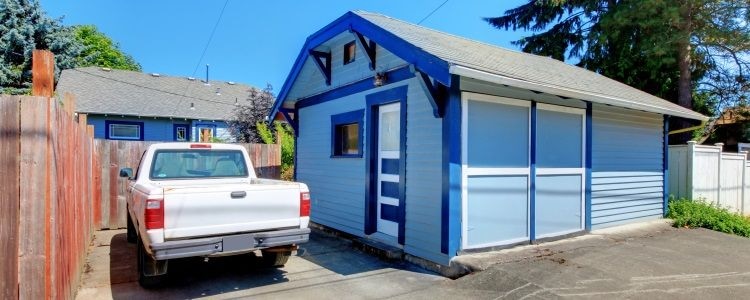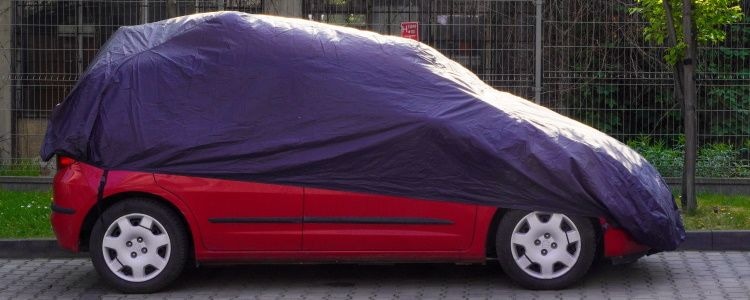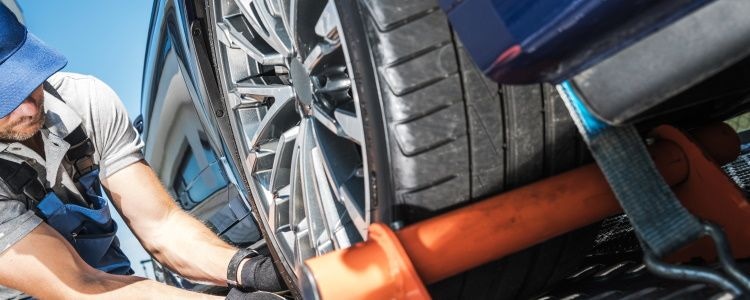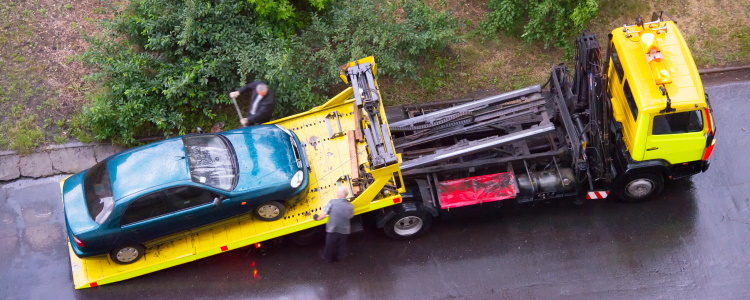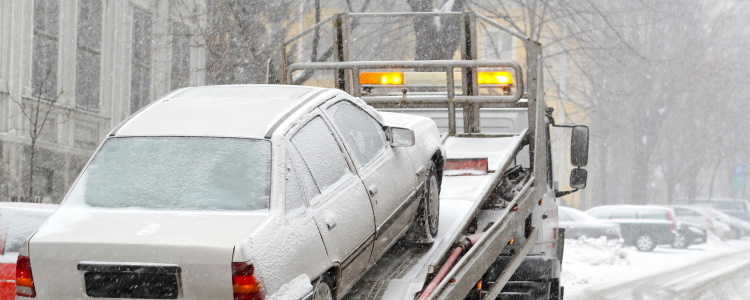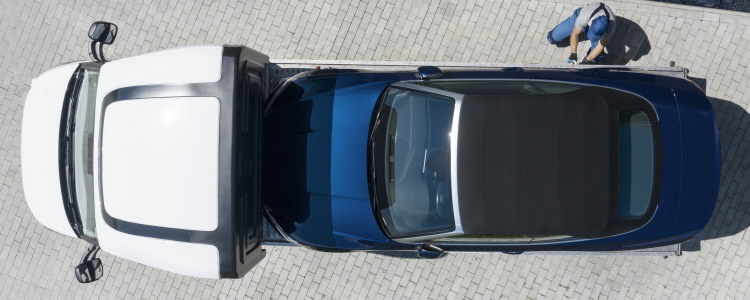The simple answer is yes, your car can be repossessed on private property if it's out in the open. But, there are laws that protect you and your vehicle when it comes to repossession. If you're worried about your vehicle being repossessed we have some tips that can help.
Repos are a big concern these days, especially with the rising costs of vehicles due to inflation. It's common to have questions about repossession when times get tough, and here at Auto Credit Express, people are always asking questions concerning cars and repo. Below we lay out the most common questions relating to your rights in the repossession process.
5 Common Repo Questions Answered
When you miss a car payment, the lender can take action by repossessing your vehicle. With that in mind, here are five common questions about the process:
Q: Can a repo man enter a private property?
A: The repo man isn’t legally allowed to enter locked and secured private property – such as a garage – to take away your vehicle. But they can repossess your car, without a court order, if it’s sitting in your driveway, outside your home, or in any public space.
Q: Do the police assist with repossession?
A: Unless the police are called during the act of repossession, they typically aren’t involved with the repossession process. Their role is to resolve any disputes between the repo man and the owner.
Q: Will I be notified before my vehicle is repossessed?
A: Whether or not the lender has to notify you of a repossession varies by state. In most cases, when they don't have to notify you, they usually choose not to and simply move forward with the process. What they have to do is send you information after the repossession explaining the details of the sale of the car.
Q: Can your vehicle be repossessed from your driveway?
A: Yes, if it’s sitting in your driveway and no passengers are inside, they can repossess your car from your driveway.
Q: Is it illegal to hide a vehicle from repossession?
A: Yes, it’s illegal to purposely hide your car from repossession. If you routinely keep your vehicle inside your garage, it isn’t an illegal practice or considered hiding your car. The recovery team for the repossession cannot enter a locked building to get your car. If the repo man forcefully takes your car out of your locked garage, you can pursue legal action because they’ve breached the peace.
Stopping a Repo Before It Happens
It’s important you understand your rights during repossession. If you can, you should take the necessary steps to prevent a repo from happening by staying on top of your payments. If you know you're going to fall behind, or if something happens to you financially, discuss this with your lender as soon as possible. Most are more willing to work with you if you keep them in the loop. Some ways they can typically help are with a deferment, or by moving your payment due date. Talk to your lender to find out how they can help you.
If you can't stop an impending repo, it could be time to take action or find a less costly vehicle. You may be able to avoid repossession by refinancing your car, or trading in your vehicle. Refinancing is the process of replacing your current auto loan contract with a new one that has different rates and/or terms. This is a good way to lower your monthly auto loan costs and get a more affordable payment.
Trading in your car to finance something less expensive can also be a good way to avoid having to play the repossession game. If you're having trouble keeping up with your loan, and there is equity in your car, and it's worth more than you owe, you can trade it into a dealership and use the equity as a down payment on a less costly vehicle.
